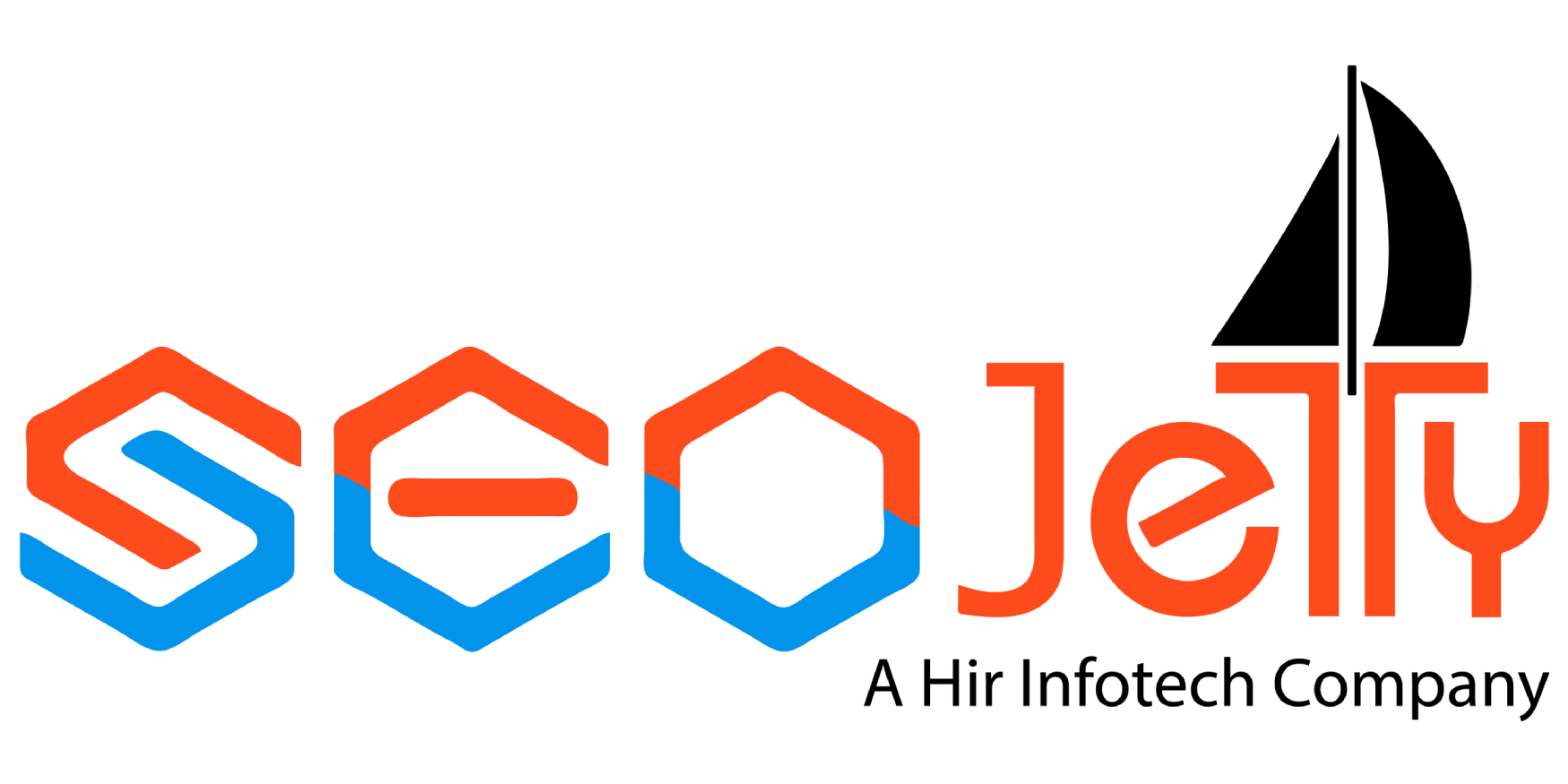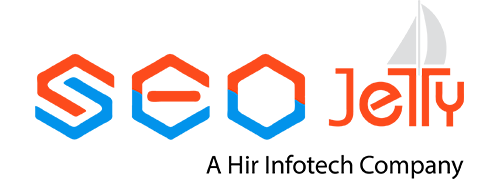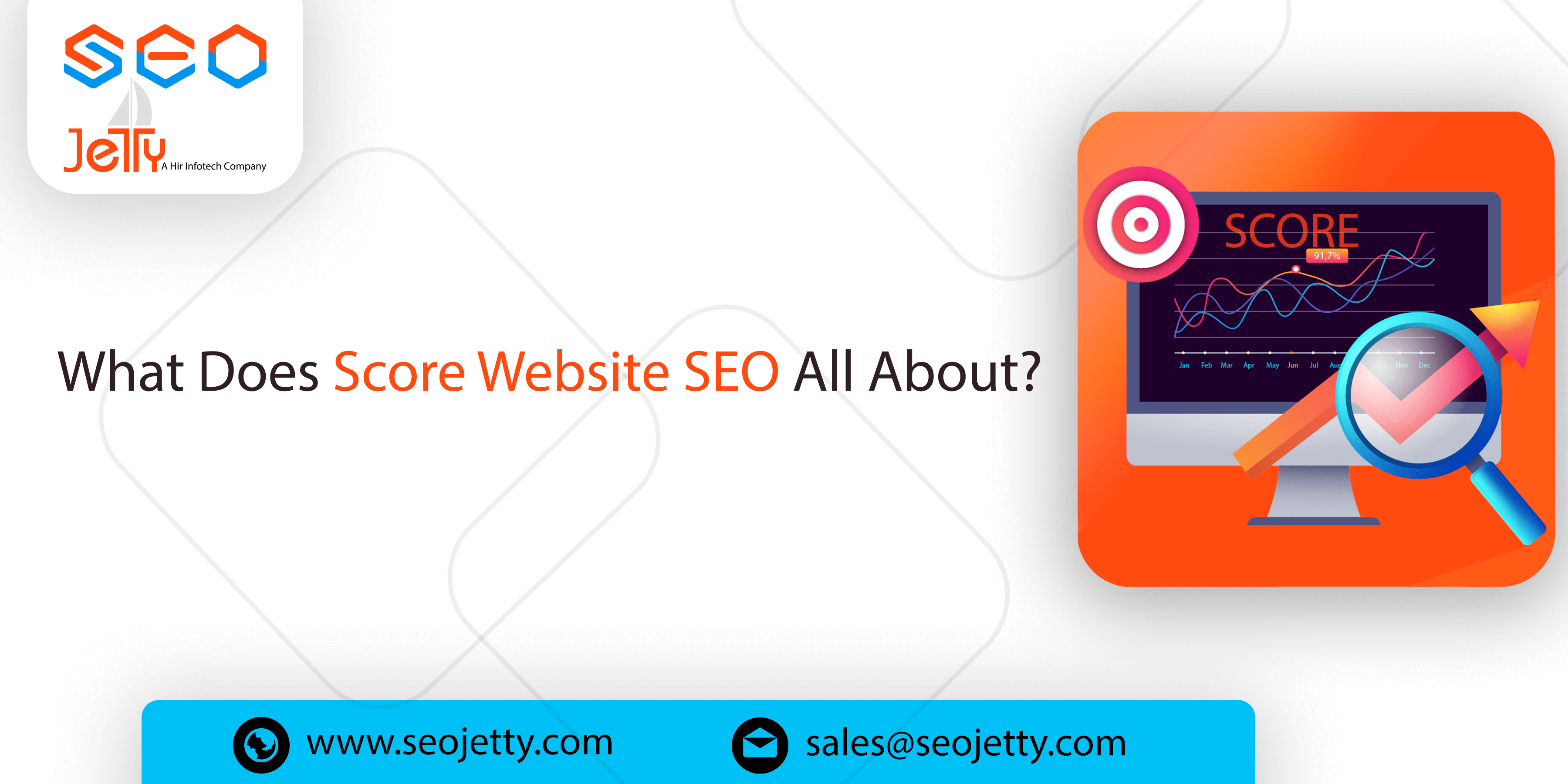
Creating a goal thoughtfully makes it helpful. Like many overused marketing phrases and cliches, “target” can become meaningless or burdensome. Employers may assign them without understanding their practicality. Without a plan, employees may feel pressurized to accomplish targets, realistic or not. If marketing leadership assumes organic is a cost-free acquisition channel that will automatically work for them, they may miss SEO goals. SEO professionals know better, especially in enterprises.
There are several KPIs and effective ways to track SEO’s complete impact. However, it can be difficult. SMART KPIs are the best way to set meaningful goals. Any aim, corporation, or business may be SMART. SEO goal-setting requires certain considerations.
What Is A SMART Objective?
The acronym SMART stands for Specific, Measurable, Actionable, Realistic, and Timely (or Time-bound). Whenever you set a goal, make sure that all five of these factors apply.
Asking yourself each of the following questions can help you establish your goals:
- What are you going to measure, exactly?
- Do you have a system in place to gauge KPIs?
- Can you have a concrete effect on this KPI?
- Does the precise thing you’re trying to enhance actually change as a result of your actions? Is it pertinent to the goals of your business?
- How soon do you anticipate demonstrating the KPI’s impact of your efforts?
If you can come up with an appropriate response to each, go through these and only then move on to the next question.
Create a conclusive statement using your findings after responding to each question. That’s all there is to do it.
Things to Keep in Mind Regarding SMART SEO Goals
After you have explored each of these five aspects individually, carefully evaluate how each of them relates to the work that you do regularly.
Find that the projects you are working on do not permit you to make such goals. It may be time to reassess your efforts or have a conversation with your boss about the expectations, resources, and monitoring alternatives that are available to you.
Making Your Own SMART Goals for SEO
Even if you might modify any of these goals to fit your SEO aims and those of any company, you will still need to take into consideration the necessary customizations.
When you are working on the R component of your SMART Goals, you need to make sure that the percentage increase is aligned with the level of effort that you will really be able to put in.
The increases should be based on the initial levels of impressions, organic users, and conversions per optimized page in addition to total MSV and the first placement of keywords.
If you have the time, you should assess the impact of your optimizations for one to two months to determine the type of lift you saw and then make it a goal to reproduce that lift moving forward.
Problems That Can Occur When Setting SMART SEO Objectives
It’s possible that in order to get your goal approved, you’ll need to make it more general first.
Inform the leadership that the numbers you estimate are based on the influence you believe you will have on the pages and terms you are optimizing for, even if you may not have a choice in the matter. This will demonstrate that you are being honest with them.
There is a possibility that some technical upgrades, structural and speed advancements, and optimizations on components that touch more of the site (headers, footers, pages with several incoming and outgoing links, and so on) could assist increase general findability.
However, it might be tricky to pinpoint individual behaviors that led to these results, and it’s even more difficult to report on them.
Stay focused on reporting on your initiatives that can be tracked more easily.
Frequently asked questions:
What are the three main components of SEO?
The Three Cornerstones Of Search Engine Optimization: Experience, Authority, And Relevance
What essential SEO tip should you always keep in mind?
When it comes to search engine optimization (SEO), the “Golden Rule” is to understand your customers’ needs and design an SEO experience that satisfies those needs. This includes everything from the search result listing to the first impression the visitor gets when landing on the page to the ability for the visitor to quickly.
What kind of programming language is utilized for search engine optimization?
JavaScript. JavaScript is an extremely powerful programming language that has seen a meteoric rise in popularity on websites over the past few years. If you are considering a career in web development, you want to become a better technical SEO, or you want to understand how websites are built, you should become familiar with JavaScript.









